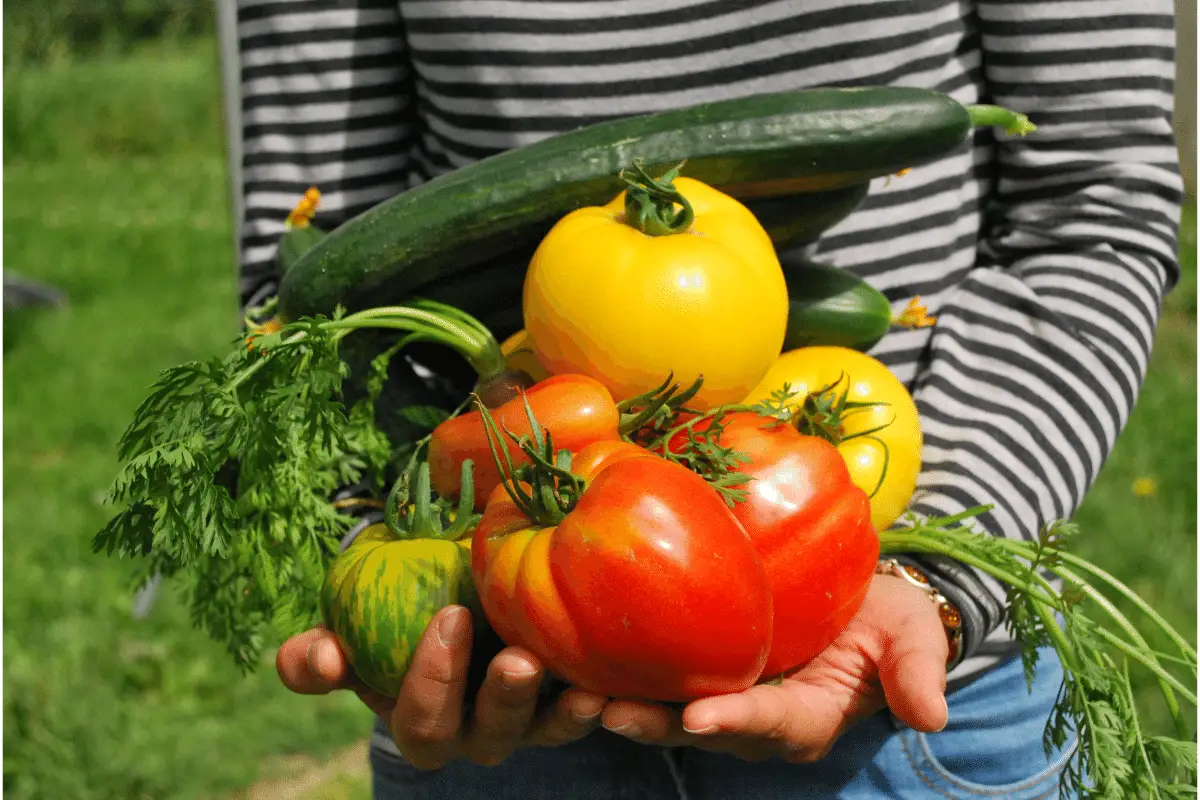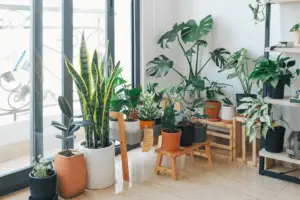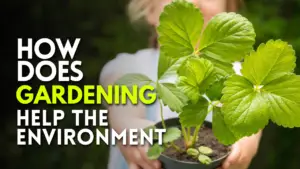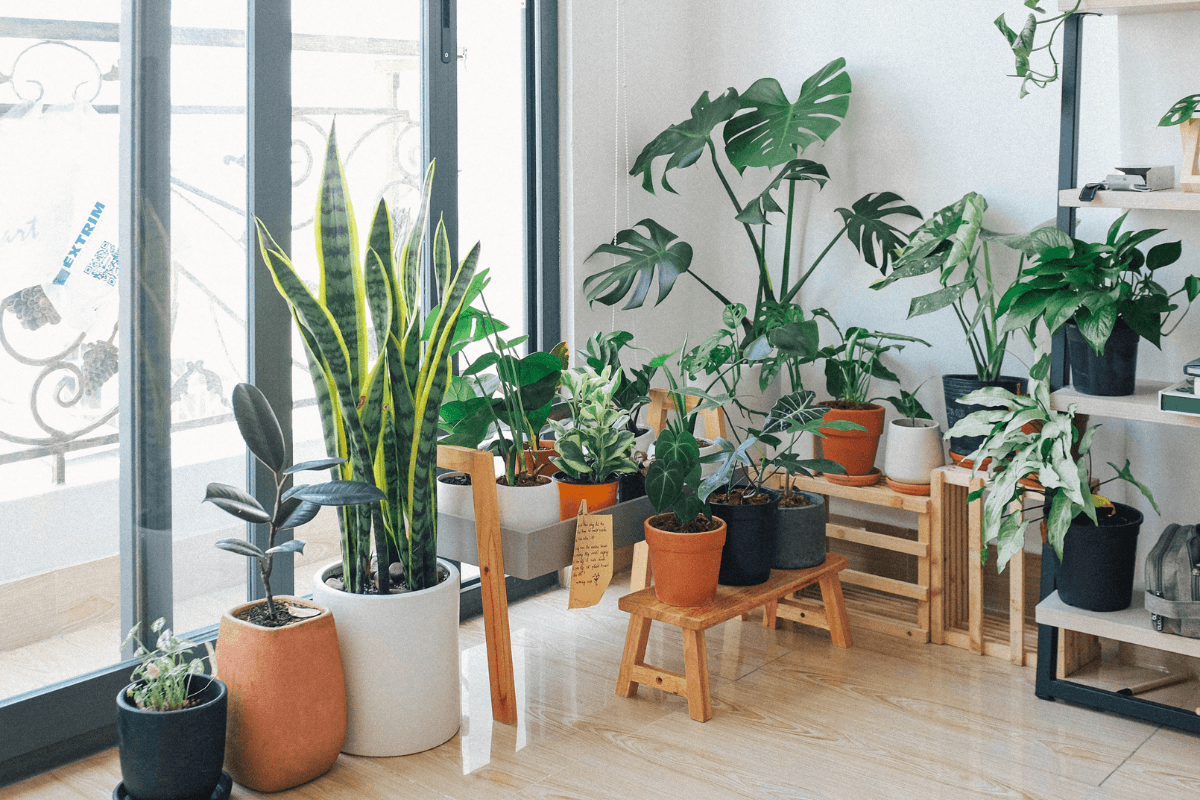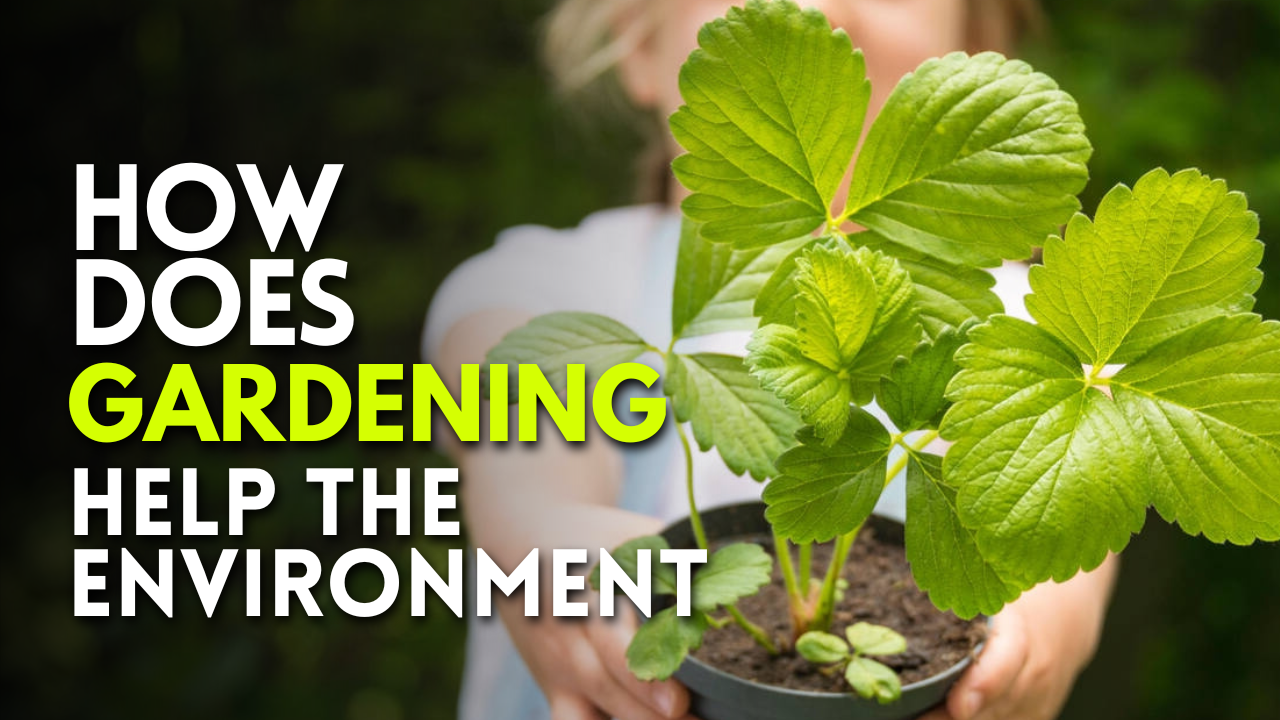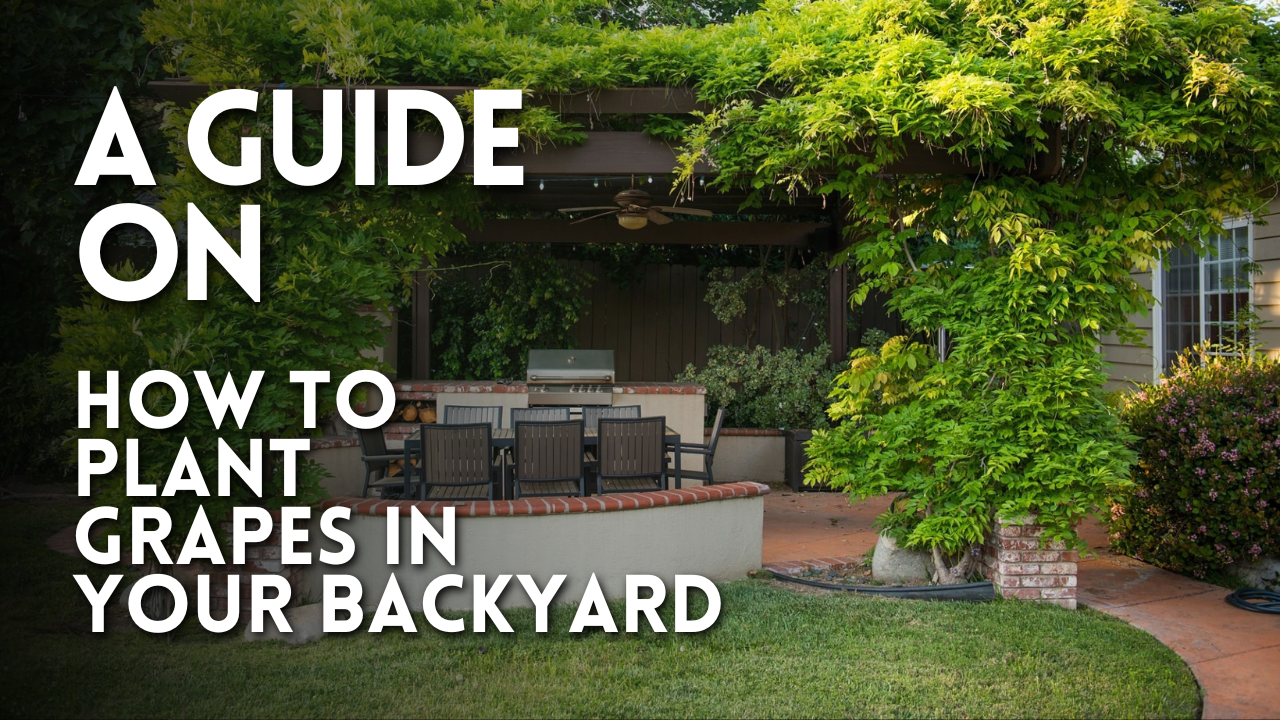Growing a vegetable garden comes with tons of benefits. One of the good things about it is that it’ll allow you to eat vegetables at the right time, which is certainly good for your health. Apart from that, growing a vegetable garden is inherently eco-friendly.
Yes, vegetable gardens are eco-friendly, as they offer tons of benefits for the environment. The locally grown ones help to reduce the effects of carbon emissions through burning fossil fuels. Here’s the thing; by growing your vegetable, there won’t be a need for plastic packaging, made from burning fossil fuels.
How exactly do vegetables affect the environment? Why is growing your vegetable garden good for the environment? What are the advantages of growing your food? These and more are the frequently asked questions that I’ll further address in the rest of this article.
How do vegetables affect the environment?
Vegetables are generally good
Vegetables are parts of plants that are edible for humans and animals. They include stems, roots, fruits, flowers, and leaves of plants. In case you don’t know, vegetables are very important to humans and the environment. Some researchers even confirmed that eating plant-based diets is great for the climate.
Commercially grown vegetables may be bad for the environment
Vegetables affect the environment in several different ways (positively and negatively). Speaking of the negative impact on vegetables on the environment; this arises when vegetables are grown commercially. In most cases, commercially grown vegetables require consuming fossil fuels, water, and topsoil, especially at highly unsustainable rates.
Furthermore, industrial vegetable farming contributes to several different environmental degradations. Some of them are environmental (air, land, and water) pollution and soil depletion.
- Environmental pollution through plastic packaging
A good example of how commercial crop/vegetable farming affects the environment is the production of plastic packaging, which is much needed to package the vegetables for sale in the market.
Research has it that “over 99% of plastic is made from chemicals sourced from fossil fuels.” One of the major impacts of plastic materials on the environment is that they tend to take several years to decompose. In addition to that, they tend to release harmful substances into the environment, especially if they end up being destroyed by sunlight.
Furthermore, the burning of plastic could be dangerous to the environment. This could introduce harmful substances into the air, causing air pollution.
- Environmental pollution through the application of fertilizers
Another environmental impact of vegetables can be seen from the use of fertilizers and other harmful chemicals.
Most farmers apply fertilizer and other chemicals to their crops for a couple of reasons. Nitrogen, phosphate, and potash, are the three major types of fertilizers used in the United States. Nitrogen-based fertilizers are a big problem for the environment. When applied to the vegetables, they can affect groundwater and waterways.
The nitrate formed from the reaction of nitrogen in the fertilizer with other substances can accumulate in groundwater. If this happens, the groundwater will be polluted; drinking it could cause a series of health issues.
Research has it that excessive use of phosphorus-based fertilizers could lead to algal blooms in waterways. Unfortunately, the algae can cause a series of issues to the environment and humans.
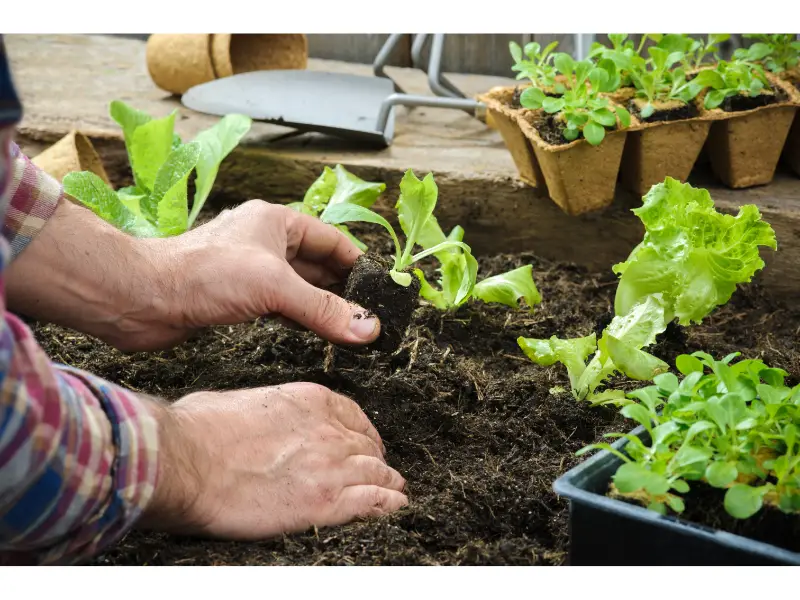
Why is growing your vegetables good for the environment?
As you already know, growing vegetables generally have both positive and negative impacts on the environment. The negative effects come in when the vegetables are grown industrially; this will require the use of fertilizers and other related chemicals, which are unfriendly to the environment. However, that’s usually not the case when you grow vegetables in your garden.
By growing your veggies, you’ll be able to determine what goes into the soil and what to apply to your plants, including the exact amount needed. Since you understand that too much fertilizer could cause environmental pollution, you’ll want to avoid using too much of it at all costs.
The bottom line is that there are tons of benefits attached to growing your vegetables. The environment stands to benefit a lot, as growing a vegetable garden is inherently eco-friendly.
That said, let’s take a quick look at some of the goodies that “growing your vegetable garden” has for the environment, below:
- Reduces carbon emission
One reason why growing your vegetable is good for the environment is because it helps to reduce carbon emissions.
The production of carbon emissions, especially through the burning of fossil fuels, is one of the drawbacks of commercial crop farming. This type of farming requires the use of heavy equipment, which consumes a high amount of resources, such as fuel.
The more the amount of fuel that’s consumed, the higher the amount of carbon that’s emitted to the environment. Unfortunately, the emission of these gases is associated with the global warming of Earth’s climate. Furthermore, carbon emissions also affect humans directly; they do that by causing respiratory disease through air pollution.
Indirectly, commercial crop farming can also cause carbon emissions. Here’s the thing; most commercially grown vegetables are usually packaged for sale in the market. Most times, these packagings are made from plastics, which are usually made of chemicals sources from chemicals sourced from fossil fuels.
What that means is that; the more people shift to commercial farming, the higher the demands for plastic packages will be. The production of plastic packages will require the burning of fossil fuels, which will have a great effect on the environment.
If you and everybody else consider growing their vegetables and not relying on commercially grown ones, there’ll be a great reduction in carbon emissions.
- Reduces the use of fertilizers and pesticides
As of 2019, the agrochemical market worldwide was estimated to be approximately 234.2 billion U.S. dollars, according to Statista. Experts further predicted that the figure will increase to 300 billion U.S. dollars come 2025. This trend shows that a lot of chemicals are being utilized for our food.
People use pesticides and fertilizers because of several reasons. However, excessive use of these chemicals could end up polluting groundwater, as well as waterways.
One way to reduce the excessive use of pesticides and fertilizers is by growing vegetables in your garden. This explains why growing a vegetable garden is good for the environment.
- Health benefits
There are tons of health benefits attached to growing your vegetables. No doubt, vegetables generally have a high amount of nutrients. However, commercially produced vegetables, when transported to the supermarket, tend to lose a certain amount of nutrients. This is one reason why homegrown vegetables are worthwhile.
The bottom line is that homegrown vegetables are better (in terms of nutrition) than commercially grown and shelved vegetables. This is possible because you know exactly what you need to add to the soil and plant to achieve the best results.
What are the advantages of growing your food?
There are tons of health, environmental, and economic issues attached to doing commercial crop farming. Here’s where the need to grow your food comes into the scene. By doing so, you’ll be able to address several issues, relating to health, the environment, and the economy, at large.
One of the benefits of growing your food is that it enables you to save enough money for other things. Yes, you will only need to spend a little money on seeds, plants, and resources to grow your vegetables. This is way better than spending a lot of money buying already grown vegetables.
Another good thing about growing your food is that it’s great for the environment. If you’ve been following me since the beginning of this post, you’ll surely agree with me that homegrown vegetables are pretty good for the environment. They help to reduce carbon emissions, as well as the use of fertilizers & pesticides in a couple of ways.
Homegrown vegetables often come with more nutrients than commercial vegetables. The reason for that is simple; you’re planting them in their natural growing season and not using some chemicals. In this case, your veggies will come out with a higher density of vitamins and other essential nutrients.
That’s not all; another benefit of growing your vegetables is that it’ll make you stay active. Gardening requires performing physical activities, which will make you stay strong and active.
Apart from that, by having a garden around your home, you can always go outside and enjoy the fresh air. You can also get vitamin D when you have a garden around your home. This vitamin is important for your body to absorb calcium and improve bone growth.

